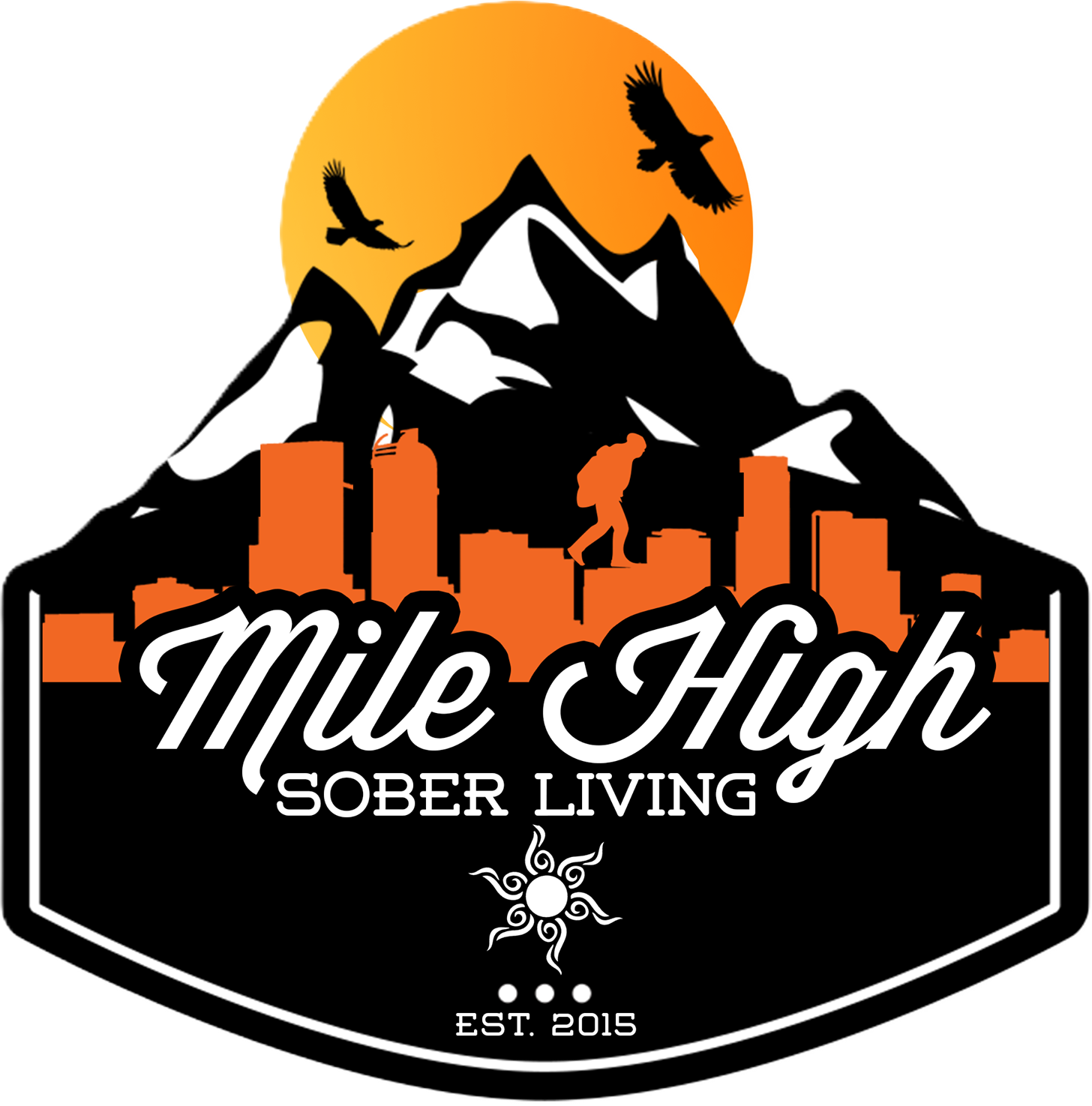Sober living homes (SLHs) are structured, substance-free residences that offer a safe and supportive place for people in recovery from drug or alcohol addiction. They act as a bridge between structured treatment programs, such as residential rehab or intensive outpatient care, and independent living.
This article explains how sober living homes provide a safe, stable environment where residents can strengthen coping skills, rebuild daily routines, and practice independent living while staying accountable to their sobriety goals.
How Sober Living Works
The goal of a sober living home is to create a recovery-focused living space where individuals can practice independence without sacrificing accountability. Residents typically share a home with others who are also in recovery, fostering a sense of community and mutual support. Most homes have a house manager or peer leader who helps maintain order, enforces rules, and ensures that everyone is keeping up with the shared commitment to sobriety.
Unlike inpatient treatment facilities, these residences do not provide 24/7 clinical care. Instead, they allow residents to attend work, school, or outpatient therapy while residing in a drug- and alcohol-free environment. This balance helps individuals build confidence and prepare for a successful transition into full independence, all while receiving guidance from peers who understand the challenges of healing from substance abuse.
Benefits of Sober Living Homes for Addiction Recovery
SLHs provide several benefits that are crucial for maintaining long-term recovery. One of the most important advantages is accountability. Many homes conduct regular drug and alcohol testing and enforce curfews, which encourages residents to stay committed to their sobriety. Another key benefit is peer support. Being surrounded by others who are also in recovery helps reduce feelings of isolation and creates an environment where residents can share their experiences, celebrate progress, and encourage one another.
These homes, like Mile High Sober Living in Colorado, also promote structure and routine, which are essential for rebuilding a stable lifestyle after treatment. From attending recovery meetings to completing household responsibilities, residents establish healthy habits that translate into lasting change. By combining accountability, peer support, and consistency, recovery residences significantly reduce relapse risk while helping residents develop life skills they can carry.
Who Should Consider a Sober Living Home?
An SLH can be an excellent option for anyone leaving a residential or outpatient treatment program who is not yet ready to return to an unsupervised environment. They are especially helpful for people who do not have a stable or substance-free home to return to after treatment.
This option is also a good choice for individuals who want additional accountability while they build coping skills. For those managing co-occurring mental health disorders, the structured and consistent environment of transitional housing can provide the stability needed to continue therapy, medication management, and other mental health services.
Length of Stay
The amount of time someone stays in an SLH depends on their individual needs. Many residents remain for three to six months, though some choose to stay for a year or longer to gain more stability before moving on to independence. The decision to move on is usually based on whether the individual feels prepared to manage triggers, maintain sobriety, and handle life’s responsibilities on their own.

Common House Rules of Sober Living
Most transitional housings follow a set of clear and consistent rules designed to create a safe, recovery-focused environment. Complete abstinence from drugs and alcohol is the primary rule, supported by regular testing to ensure accountability. Residents are expected to participate in house meetings or support groups, which encourage open communication and shared responsibility.
Homes also have curfews, visitor policies, and chore schedules to promote structure and respect among housemates. Everyone is expected to contribute to the upkeep of the home and to treat others with respect. These rules help foster a sense of responsibility and community, making it easier for residents to focus on attaining sobriety.
Types of Sober Living Houses
There are several models of SLHs, including:
- Peer-Run Homes: Managed democratically by residents themselves, offering a lower-cost, community-based approach.
- Monitored Homes: Supervised by a house manager who enforces rules and provides support.
- Clinical Sober Living: Combines housing with access to therapy, case management, and recovery coaching.
- Transitional Housing Programs: Often affiliated with treatment centers, offering a step-down level of care with structured programming.
Choosing the right type of sober living home depends on what stage of the process you’re in, your support needs, and your personal preferences.
Sober Living Homes Versus Halfway Houses
Although the terms are sometimes used interchangeably, recovery residences and halfway houses are not the same. Halfway houses are often funded by the government or non-profit organizations and may be court-mandated for people leaving incarceration or completing mandated treatment. They usually have a fixed length of stay and more rigid rules focused on meeting legal or program requirements.
A sober environment, by contrast, is usually privately operated and offers greater flexibility in how long a person can stay. They focus primarily on personal growth, peer support, and preparing residents for independence rather than legal compliance. This makes it a preferred choice for individuals who want to maintain long-term recovery in a supportive, yet less restrictive, environment.
Final Thoughts from Mile High Sober Living
Sober living homes provide a crucial bridge between treatment and full independence, offering a safe, structured, and substance-free environment where individuals can focus on their journey to a life free of substances. Whether you are leaving residential treatment, need a supportive space to continue outpatient care, or simply want to strengthen your recovery skills before transitioning to independence, sober living can be an essential part of your journey.
At Mile High Sober Living, our homes in Denver, Colorado, are designed to foster comfort, safety, and connection. Each residence blends classic charm with modern amenities, creating a welcoming environment where you can focus on your recovery. We offer a real-world, communal living experience where support is always close by, and your journey toward lasting sobriety is our top priority.








